Confucius was a Chinese teacher, editor, politician, and philosopher of the Spring and Autumn period of Chinese history. The philosophy of Confucius, also known as Confucianism, emphasized personal and governmental morality, correctness of social relationships, justice and sincerity. Take a look below for 30 more fun and interesting facts about Confucius.
1. Following the victory of Han over Chu after the collapse of Qin, Confucius’s thought received official sanction and were further developed into a system known in the West as Neo-Confucianism, and later New Confucianism.
2. Confucius is traditionally credited with having authored or edited many of the Chinese classic texts including all of the Five Classics, but modern scholars are cautious of attributing specific assertions to Confucius himself.
3. He championed strong family loyalty, ancestor veneration, and respect of elders by their children and of husbands by their wives, recommending family as a basis for ideal government.
4. He espoused the well-known principle, “Do not do to others what you do not want done to yourself,” the Golden Rule.
5. Confucius is a traditional deity in Daoism.

6. Throughout history, Confucius is widely considered as one of the most important and influential individuals in affecting the lives of humanity.
7. Confucius is also referred to as Master Kong or Kong Fuzi.
8. He was born in Lu, in the Shantung Province, into poverty. His father died when he was very young and his mother began to teach him.
9. After marrying, Confucius had teachers of the six arts, and he himself began to teach when he was in his thirties.
10. In his fifties, he began to develop and teach his vision, which he did until his death at the age of 73.
11. Confucius got married when he was 19 years old.
12. He worked as a stable manager and bookkeeper before he was married.
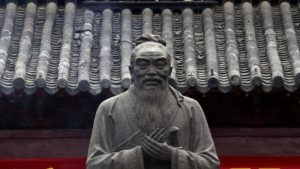
13. The six arts that Confucius was schooled in were archery, music, arithmetic, calligraphy, charioteering and ritual. He also studied history and poetry.
14. He tried to bring his ideas about morals, politics, society and education to the government but his ideas weren’t taken seriously.
15. Confucius left his country to find a feudal state that would accept his ideas.
16. He spent the next 12 years in exile, learning and teaching his vision.
17. When Confucius was 67 years old, he returned home and taught and wrote.
18. Confucianism is mainly practiced in Vietnam, Korea, Japan and China, but it’s also practiced in some places in North America.
19. Confucius wasn’t the founder of Confucianism. He took outdated ideas and brought them back to life.
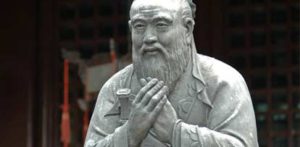
20. Confucianism has five virtues that dictate how a person should live and behave. The first virtue, Ren, means “humaneness,” or “benevolence.” The second virtue, Yi, means “righteousness” and “honesty.” The third virtue, Li, means “proper behavior” and “propriety.” The fourth virtue, Zhi, means “knowledge” or “wisdom.” The fifth virtue, Xin, means “sincerity” and “fidelity.”
21. Confucianism focuses on morality as social harmony is the ultimate goal.
22. In Confucianism, the path to salvation is achieved through behavior leading to social equality, rather than behavior based on punishment or reward after death.
23. Confucianism was mainstream in China until the 1900s, when radicals determined that it was a major obstacle to China’s modernization. It was repressed in the People’s Republic of China’s Cultural Revolution. However, there are still followers of Confucianism today.
24. Confucius’s wife was called Qi Guan. His first child with her was named Kong Li.
25. Confucius said that people should be honest, kind, obedient, polite and wise. He encouraged leaders to be role models of good behavior.
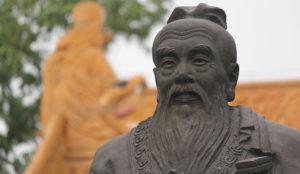
26. At the age of 50, in 501 BCE, he became a judge and was put in charge of law and order in the state of Lu.
27. The laws created by Confucius, which were based on his personal teachings, were very successful. In fact, the crime in his state almost disappeared.
28. After 5 years as a judge, he was dismissed in 496 BCE because his jealous rivals plotted against him.
29. The teachings of Confucius were written down by his students and were compiled in the Sishu or Four Books, which were studied by the Chinese for 2400 years.
30. His family and personal name is “Kong Qiu” and his courtesy name was “Zhongni.” A courtesy name, which is also known as “Chinese style name,” is a given name to be used later in life.

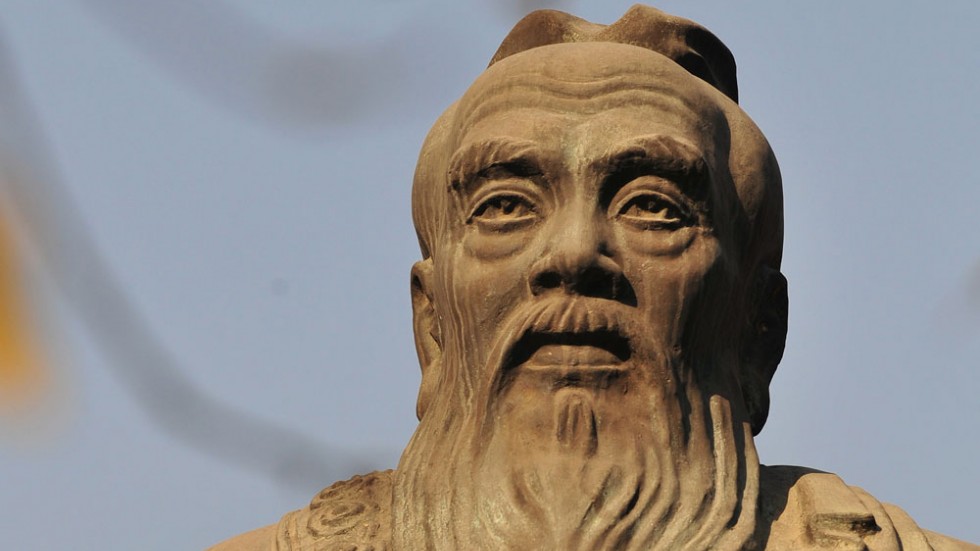

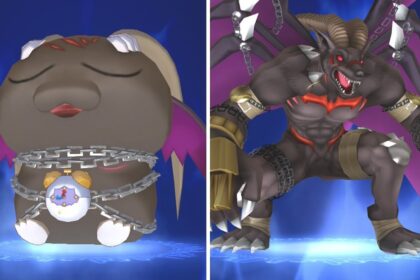
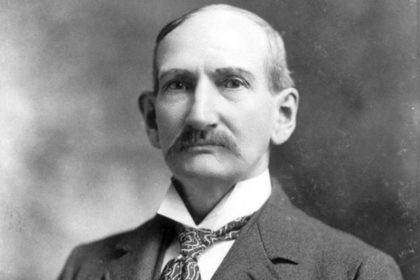
2 Comments
Pingback:
June 26, 2018 at 11:06 amPingback:
July 12, 2018 at 12:45 pm